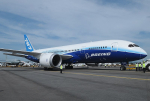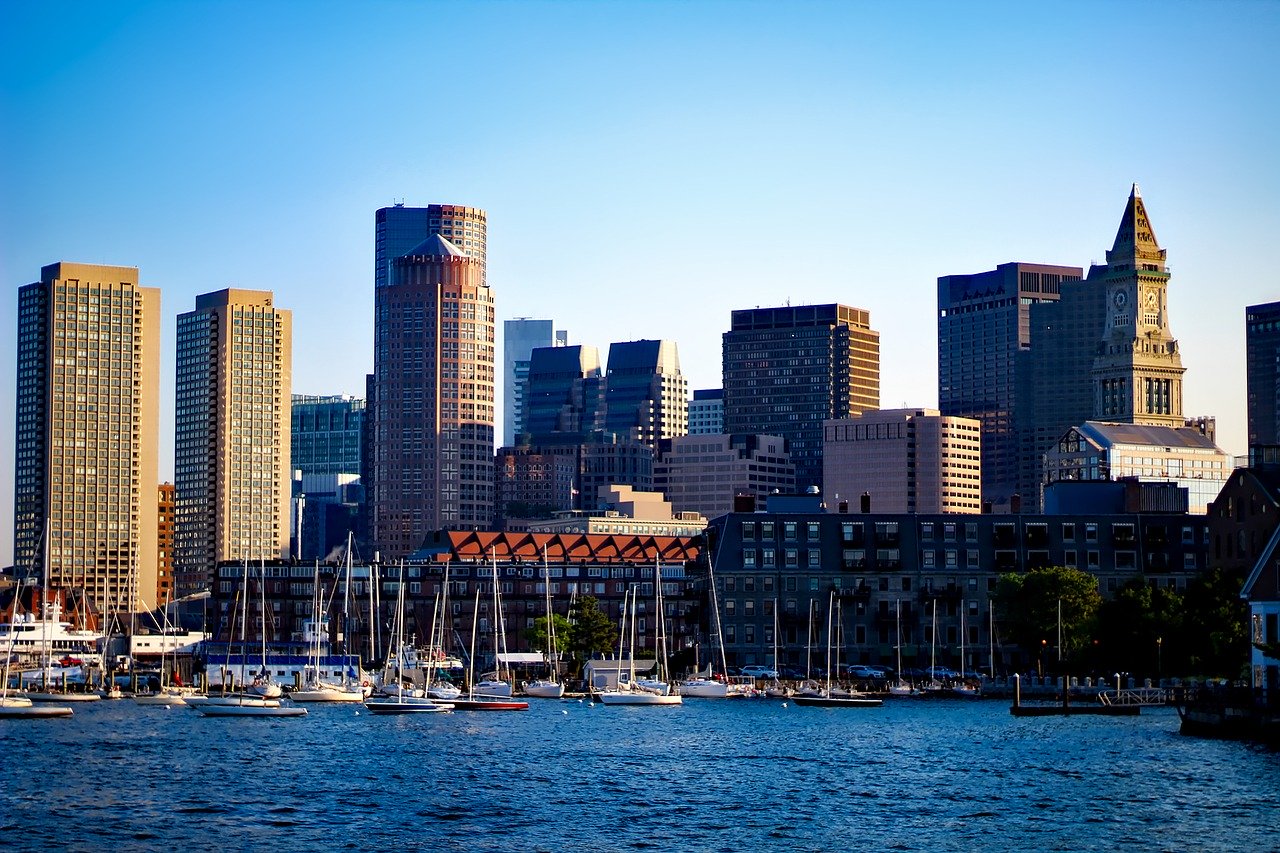
Britain's Royal Shakespeare Company embarks on its first major tour of China in 2016, presenting the Bard's history plays about bloodshed, honour and kingship in mediaeval England to a new and potentially vast audience.
Marking 400 years since William Shakespeare's death, the prestigious theatre company will take productions of "Henry IV Part I", "Henry IV Part II" and "Henry V" to Beijing, Shanghai and Hong Kong in February and March.
The trilogy is not well known in China and most in the audience are likely to be seeing the plays for the first time. The romantic tragedy "Romeo and Juliet," for instance, would probably be more well known.
On the other hand, Shakespeare is enduringly popular among Chinese audiences, and the story lines and colourful characters in the history plays should make for a compelling show, say the organisers.
"The audience will be sitting on the edge of their seats, genuinely wanting to know what happens next," predicted Joseph Graves, artistic director of Peking University's Institute of World Theatre and Film.
That is a thrilling prospect for the cast and crew as they seek to bring the courts and bloody battlefields of England and France to life in 21st-century China.
Alex Hassell -- who plays the lead role in "Henry V", currently playing at London's Barbican Centre -- said he was excited at the prospect of performing the play in a context "untethered from its theatrical history".
"The idea that maybe they (the audience) will have no notions at all about what they play is and who the people in it are and what's going to happen would be very cool," he said.
- Adding status -
Shakespeare was first taken to China in the late 19th Century by British missionaries, while the publication of a translated version of Charles and Mary Lamb's children's book "Tales From Shakespeare" in the early 20th Century spread his popularity further.
In the 1930s and 1940s, Chinese scholar Zhu Shenghao translated nearly all of Shakespeare's plays, but they fell from view under the restrictions of Mao Zedong's Cultural Revolution in the 1960s and 1970s, Graves said.
Now, though, Shakespeare is widely taught in Chinese universities and the RSC, based in the playwright's birthplace of Stratford-upon-Avon, is hoping to attract new audiences with its tour.
The performances are part of a wider project to build links between the RSC and China, announced in 2014 as Britain's government seeks closer economic ties with Beijing.
So what is the appeal for Chinese audiences of a British poet who worked four centuries ago and often wrote about events which took place even earlier?
Graves cited factors including Shakespeare's enduring reputation and the wave of famous Western actors who take Shakespearean productions, such as Benedict Cumberbatch.
"I personally know of 20 Chinese people who went to London for the express purpose of seeing his recent 'Hamlet,'" Graves added.
Li Ruru, professor of Chinese theatre studies at Leeds University in northern England, argued that an interest in status would also draw theatre-goers to the productions.
"The word 'royal' (in the RSC's name) is very attractive. Seeing a Shakespeare production in the original language, Stratford the birthplace of the Bard -- everything will add status," she said.
The professor added that a taste for "spectacular" social events in China could also boost the tour's appeal.
"Henry V" alone requires 72 trunks of costumes and RSC artistic director Gregory Doran has described the company as a "big lumbering ox when it comes into town". afp






































